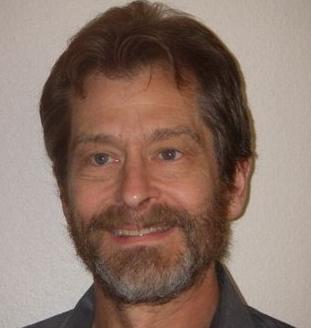In 1986, the Reagan administration established a cynical 100:1 ratio for minimums associated with cocaine. Cynical, because a single gram of crack would fetch the same penalty for a person in a poor black community as 100 grams of powder cocaine would for someone in an affluent white community where that more expensive powder form of the drug prevailed. Same drug, wildly different policing.
The lynch pin of such racially asymmetrical law enforcement is the pretextual traffic stop (upheld by the Supreme Court In Whren v. United States and Ohio v. Robinette , both 1996) whereby officers can pull over drivers (preferentially those of color) upon virtually any pretext -- a bad taillight, accelerating too fast from a signal, even driving "too cautiously"! -- and proceed with a warrantless search. At that point, the discovery of something as minor as a couple ounces of marijuana or cocaine (often planted, as was policy of the Oakland police department until it broke into the headlines a few years ago) can lead to a felony conviction, incarceration and subsequent release as a felon consigned to an invisible under-caste existence -- off the radar of most Americans. (Except of course, for the for-profit corrections industry.) In contrast, more whites use and deal drugs than do blacks , yet only a sliver of the white population get arrested -- and if arrested, rarely get put on the felony track to disfranchishment.
As Alexander lays it out, the steps to Jim Crow disfranchisement are three:
Phase One is the "roundup". Vast numbers of people from poor communities of color are pulled into the criminal justice system by police who are rewarded by drug bust headcounts.
Phase Two is "formal control". Here the defendants, denied decent legal representation, are pressured into taking plea deals. Harsh minimum sentencing laws further work against the defendant. Typically, phase two concludes with hard prison time.
Phase Three is "invisible punishment". After release from prison, millions of Americans of color suffer a lifetime of legal discrimination, denial of employment, housing, education, public benefits and often even the right to vote or to serve on a jury.
Apparently, out of benign ignorance, I and most Americans have been blind to the thirty year resurrection of Jim Crow racism in our country.
I know some readers will say that this is just another liberal hand-wringing mea culpa, but I reject that notion. I am not apologizing for anything, but now that I've become aware of such a massive injustice in my country I will h ave something to apologize for if I do nothing to help redress it. Writing this is one way to begin.
Martin Luther King said 40 years ago, that "blindness and indifference to racial groups is actually more important than racial hostility to the creation and maintenance of racialized systems of control."
Alexander maintains, as did Martin Luther King, that the system is so entrenched by now that nothing short of a broad social movement can dislodge it.
So what to do?
First, I urge you to read the book.
Second, share this information as widely as you can. That's what I am trying to do here.
Third, if you are so moved to do more, there is are many worthy organizations, including "Campaign to End the New Jim Crow" (http://www.endnewjimcrow.org) and "All of Us or None" (http://www.allofusornone.org) that seeks to redress hiring discrimination against ex-offenders.
In closing, there was a sign in New Orleans addressing arriving Katrina relief workers: "If you came because you realize your liberation is tied together with ours, then let us work together."
(Note: You can view every article as one long page if you sign up as an Advocate Member, or higher).





